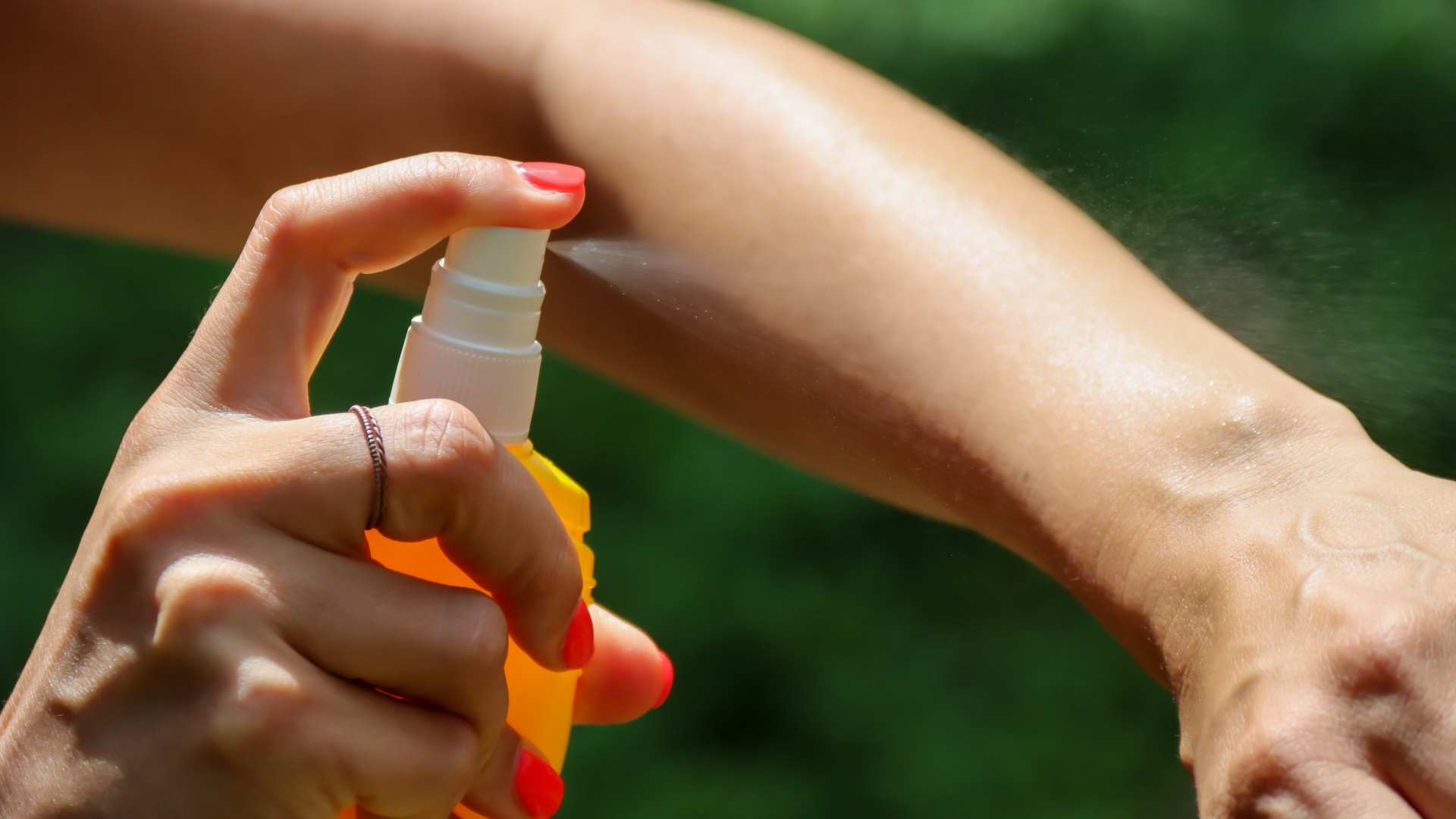Colorado reports first West Nile virus death of 2025 as health officials issue "simple, effective steps" for anyone spending time outdoors
State health officials urge the public to practice prevention against the mosquito-borne disease

Colorado health officials have announced the state's first death from West Nile virus this year and issued guidelines for prevention for anyone spending time outdoors.
A bulletin from the Colorado Department of Public Health and Environment says an adult from Lafayette died after exposure to the virus, which is commonly transmitted by mosquitoes. The deaths is one of nine human cases of West Nile virus that have been confirmed in eight different Colorado counties so far this year.
Officials say the virus, which can result in neurological disease, has been found in mosquitoes in eight of the 16 counties where mosquito testing has taken place this season, including Adams, Arapahoe, Boulder, Broomfield, Denver, Jefferson, Larimer, and Weld counties.
“This tragic loss underscores the serious nature of this virus and why personal prevention is so vital,” says Dr. Ned Calonge, Chief Medical Officer at CDPHE.
“I cannot stress enough the importance of taking simple, effective steps."
How to protect yourself against West Nile virus
- Use insect repellent (containing DEET if you are comfortable doing so) whenever you go outdoors.
- Limit your outdoor activities at dawn and dusk, when mosquitoes carrying West Nile virus are most active.
- Wear protective clothing such as long hiking pants and long-sleeved base layers when recreating in areas where mosquitoes are active – you may also want to consider clothing treated with Insect Shield technology.
No deaths from West Nile virus were reported last year, but 2023 saw one of the deadliest years on record for West Nile Virus in Colorado, with 51 people dying due to complications from infection.
According to the CDPH, most people infected with mosquito-borne viruses such as West Nile don't get sick, however, those who do will typically develop symptoms between two and 14 days after infection. Symptoms can involve high fever, headache, stiff neck, disorientation, tremors and coma.
All the latest inspiration, tips and guides to help you plan your next Advnture!
- The best hiking shirts: choose one of these great fitting active tops with bags of technical clout
- The best hiking pants: don't let winter slow you down with our top trail trousers
Julia Clarke is a staff writer for Advnture.com and the author of the book Restorative Yoga for Beginners. She loves to explore mountains on foot, bike, skis and belay and then recover on the the yoga mat. Julia graduated with a degree in journalism in 2004 and spent eight years working as a radio presenter in Kansas City, Vermont, Boston and New York City before discovering the joys of the Rocky Mountains. She then detoured west to Colorado and enjoyed 11 years teaching yoga in Vail before returning to her hometown of Glasgow, Scotland in 2020 to focus on family and writing.

